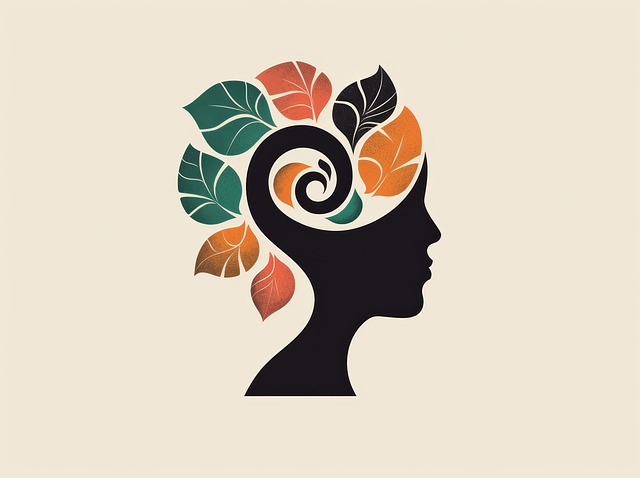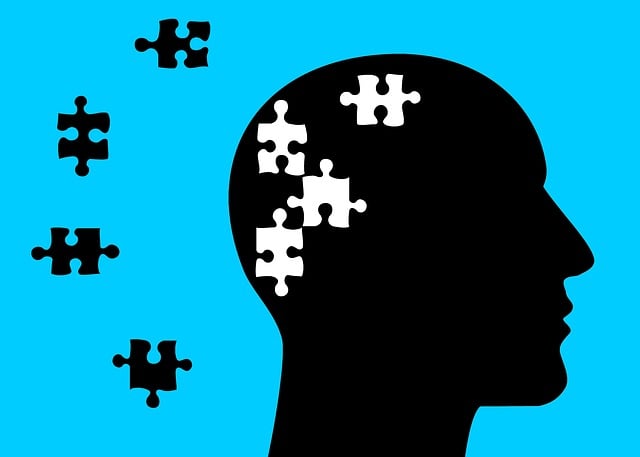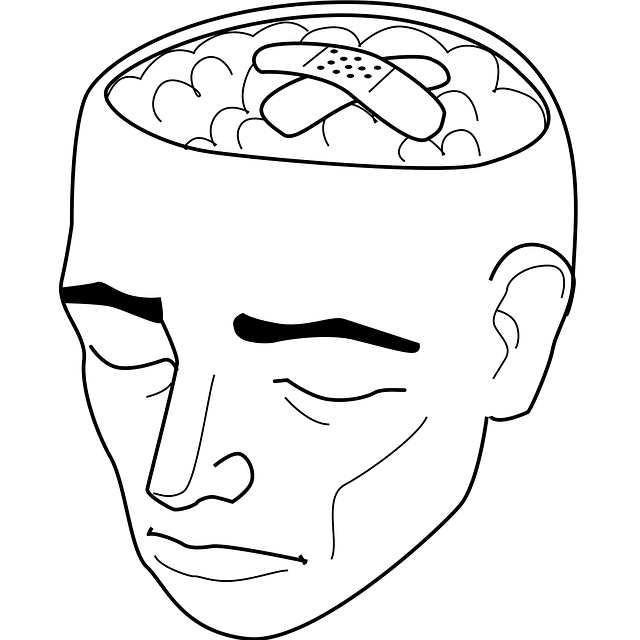Mental healthcare practitioners must tailor therapy for young children from diverse backgrounds, especially those dealing with divorce, by incorporating culturally sensitive practices. Understanding each child's unique cultural perspective and family dynamics helps therapists build trust, improve engagement, and enhance the effectiveness of interventions. This approach addresses the emotional needs of these children, reduces stigma, and promotes holistic well-being while navigating complex issues like divorce. By recognizing and respecting cultural influences on emotional expression and coping mechanisms, therapists can empower young clients to heal and grow successfully.
Cultural sensitivity is an essential aspect of mental healthcare, especially when working with diverse populations. This article explores the impact of cultural diversity on mental health and offers practical guidance for therapists. We delve into specific strategies for navigating sensitive topics with divorced young children, incorporating cultural competence in therapy sessions, and promoting healing through culturally sensitive practices. By understanding and respecting various cultural backgrounds, therapists can create a supportive environment fostering growth and well-being, particularly for young clients facing divorce.
- Understanding Cultural Diversity and Its Impact on Mental Health
- Navigating Sensitively When Working with Divorced Young Children
- Incorporating Cultural Competence in Therapy Sessions
- Promoting Healing and Growth through Culturally Sensitive Practices
Understanding Cultural Diversity and Its Impact on Mental Health

In today’s diverse societies, mental healthcare practitioners must embrace cultural sensitivity to provide effective therapy for young children from various backgrounds. Cultural diversity enriches communities but can also present unique challenges in mental health support. Each culture carries its own set of beliefs, values, and traditions that influence how individuals perceive and express emotional distress, seek help, and respond to treatment. For instance, families dealing with the stress of divorce may hold cultural perspectives on marriage and family structures that significantly impact their coping mechanisms and preferences for therapy types. Understanding these nuances is crucial in building resilience among vulnerable populations.
Mental illness stigma reduction efforts must also consider cultural contexts to ensure inclusive support. Different communities may have distinct perceptions of mental health issues, influencing help-seeking behaviors. By incorporating culturally responsive practices, therapists can foster trust, improve engagement, and enhance the overall effectiveness of interventions. This approach not only respects individual and community values but also promotes anxiety relief and supports the holistic well-being of young children from diverse cultural backgrounds.
Navigating Sensitively When Working with Divorced Young Children

Working with divorced young children requires a nuanced and sensitive approach to ensure their well-being and successful therapy. These children often grapple with complex emotions, such as confusion, anger, and guilt, which can manifest in various ways, from behavioral issues to difficulties in forming relationships. Therapists must create a safe and non-judgmental space for these kids to express themselves freely, helping them navigate their feelings about the divorce while also addressing any co-occurring mental illness.
Cultural sensitivity plays a pivotal role here, as therapists should be aware of the potential stigma surrounding divorce within certain communities, which might impact how openly children share their experiences. By incorporating culturally responsive practices and tailoring their approach to each child’s unique background, therapists can foster trust, improve self-esteem, and enhance their ability to provide effective therapy for young children dealing with divorce. This involves adapting therapeutic techniques to respect and embrace diverse cultural perspectives, ultimately contributing to successful mental wellness podcast series production that resonate with a wide audience.
Incorporating Cultural Competence in Therapy Sessions

Incorporating cultural competence into therapy sessions is essential when working with young children from diverse backgrounds, especially those experiencing divorce or separation. Mental healthcare professionals must be aware of the unique cultural beliefs, values, and practices that shape a family’s understanding of trauma, grief, and healing. For instance, some cultures may emphasize collective family experiences and view divorce as a community-wide issue, while others might prioritize individual resilience and self-reliance. Understanding these nuances allows therapists to create safe, culturally sensitive spaces, ensuring children feel heard and respected.
Cultural sensitivity is not just about acknowledging differences but also adapting therapeutic approaches accordingly. This may involve incorporating cultural references, traditions, or rituals into therapy sessions to build trust and rapport with the child. Additionally, healthcare providers should be well-versed in risk management planning for mental health professionals, ensuring they can navigate sensitive topics like divorce while prioritizing the child’s emotional well-being. Stress management workshops organized by reputable organizations can equip practitioners with the tools to handle cultural complexities, fostering effective therapy for young clients navigating family changes.
Promoting Healing and Growth through Culturally Sensitive Practices

Incorporating culturally sensitive practices into mental healthcare for young children is a powerful approach that promotes healing and growth. Understanding the unique cultural background and experiences of each child creates a safe and supportive environment, fostering trust and encouraging open communication. This sensitivity allows therapists to adapt their therapy methods, incorporating traditional healing practices and techniques that resonate with the child’s culture. By recognizing the influence of culture on emotional expression and coping mechanisms, therapists can facilitate the development of essential coping skills and enhance the overall therapeutic process.
Culturally sensitive care is especially vital when addressing complex issues like divorce. Children from diverse cultural backgrounds may have varying ways of processing and expressing their emotions related to family changes. Skilled therapists who embrace this sensitivity can provide tailored support, promoting emotional healing processes and depression prevention while helping young clients navigate these challenging life transitions. This approach ensures that therapy for young children post-divorce is not just effective but also respectful and empowering.
Cultural sensitivity in mental healthcare is an indispensable tool for fostering healing and growth among young children from diverse backgrounds, especially those experiencing divorce. By understanding cultural diversity and incorporating culturally competent practices into therapy sessions, professionals can create a safe and supportive environment that respects individual experiences and beliefs. This approach not only enhances the effectiveness of treatment but also promotes positive outcomes, ensuring that every child receives tailored care that addresses their unique needs. Through sensitive navigation of complex family dynamics, such as divorce, mental health practitioners can help young clients navigate challenging transitions and foster resilience.














